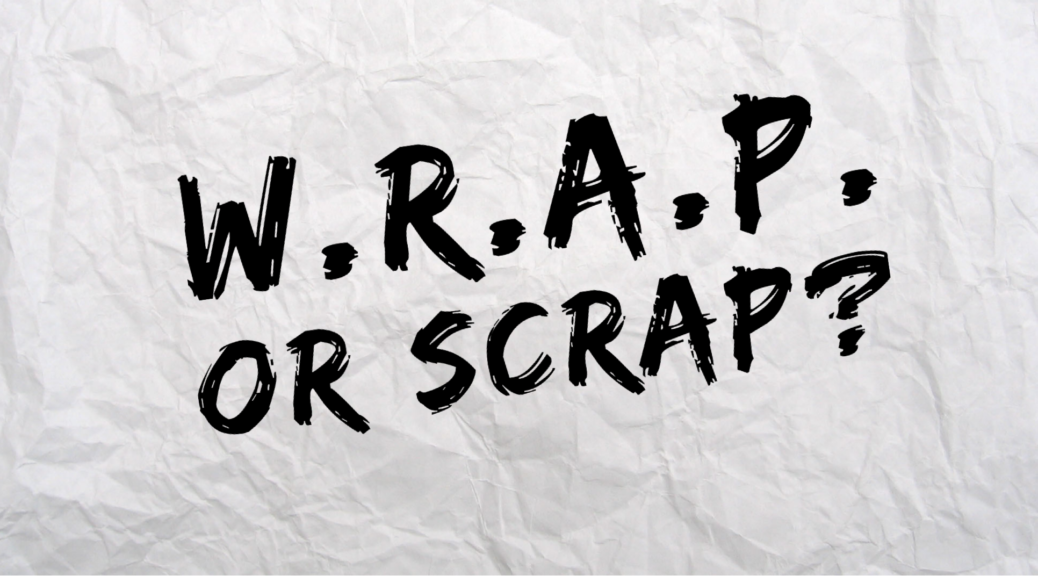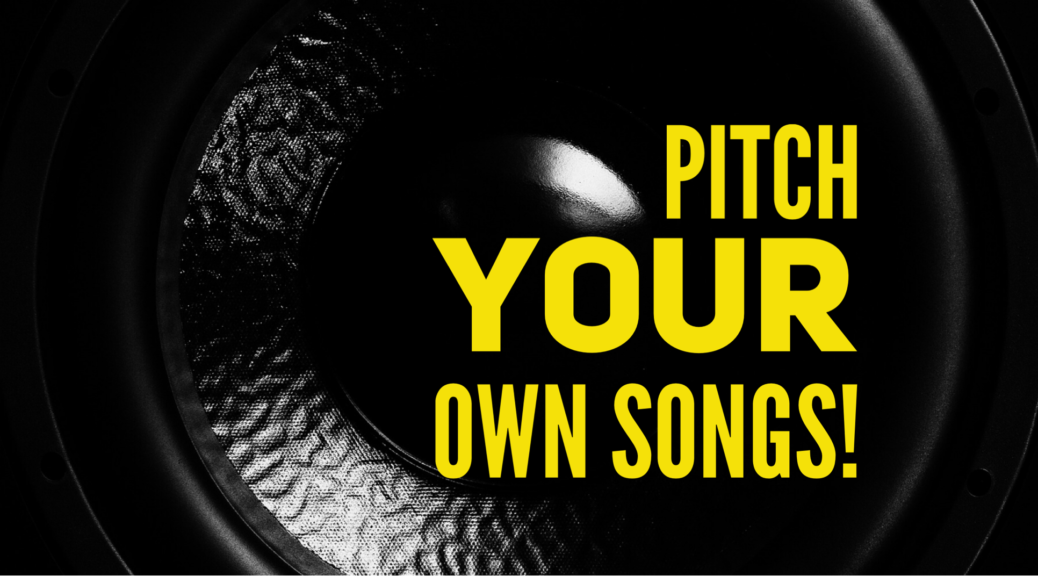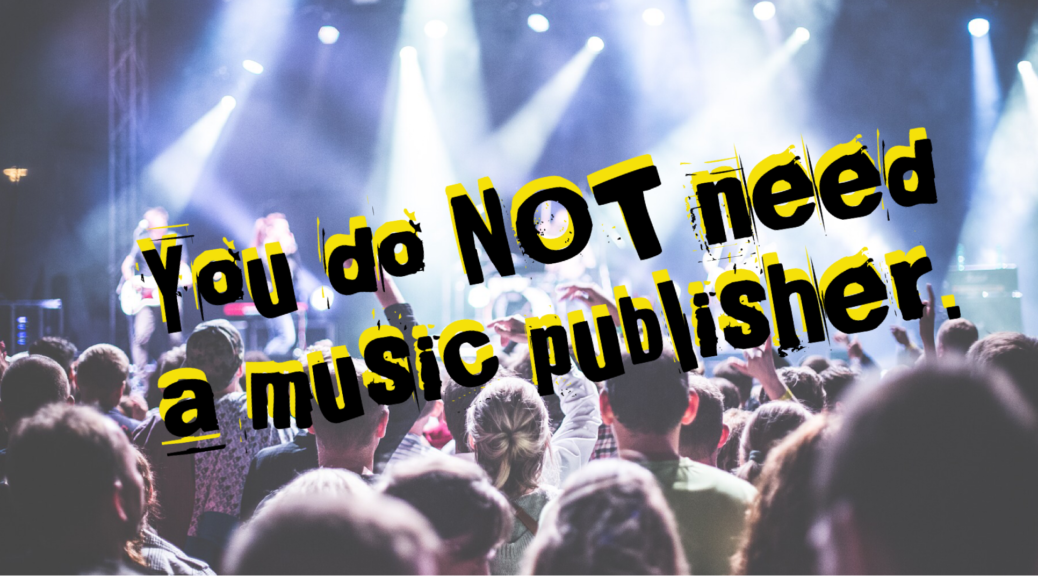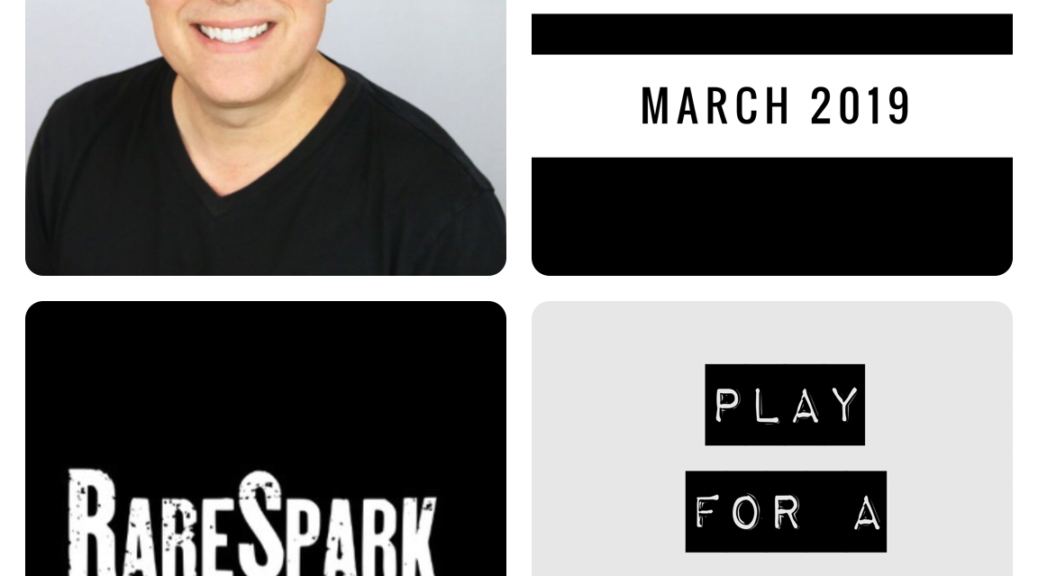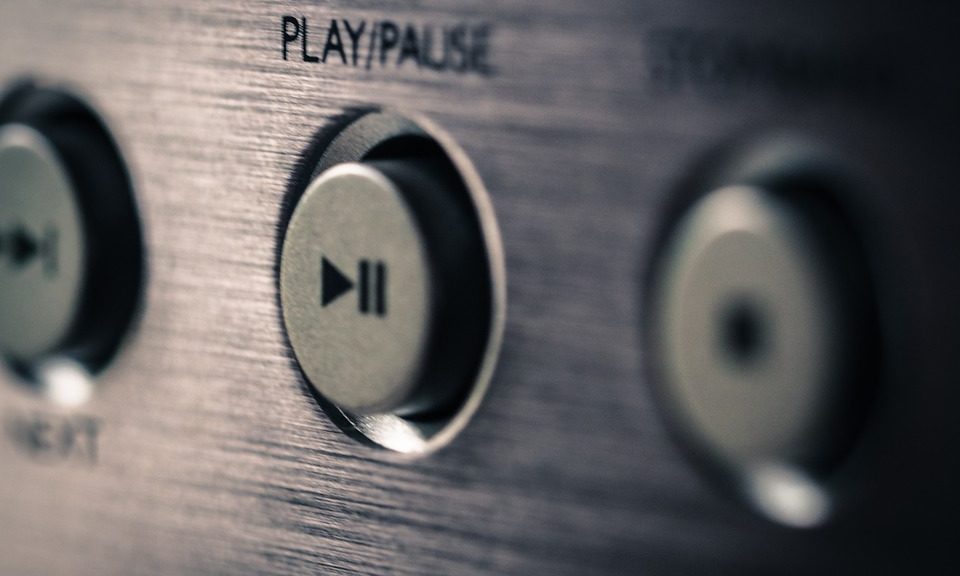Congratulations to our newest “Play For Publisher” Top Ten songs and songwriters!
First of all, thank you to each of you who took a chance, took positive action, and submitted one or more songs to the “Play For Publisher” event with Matt Lindsey of Matt Lindsey Music. Ya’ll are just plain awesome.
Out of about 200 songs, it took a while to whittle it down to just 10.

There were a lot of worthy songs sent in, and I felt bad about leaving so many out. If your song wasn’t chosen this time doesn’t mean that it isn’t a good song.
You know, one time I turned a song in to my publisher, and they didn’t know what to do with it, so they didn’t want to do anything with it. My cowriters wanted to demo it, and the publisher said they wouldn’t pay for a demo.
The song was called, “Crickets,” and we got it cut by Joe Nichols. It’s the title track to one of his recent albums.
That’s right. The song my publisher wouldn’t even pay to demo got cut anyway. (My cowriters did an out-of-pocket guitar/vocal, and we pitched it ourselves.)
Welcome to Nashville. So while I listened to each and every song and did my best to pick the ones that have the best chance of catching Scot’s ear… I could be wrong. That’s just the way the music biz works. So if your song wasn’t selected, it doesn’t mean you should give up on it.
Okay, here are the Top Ten (in no particular order):
“Fun Lovin’ Drunk” by Alexsi Mallory
“To The Moon And Back” by Kay Mott, Mark Anthony Dolin
“Luckiest Man Alive” by Andrew Cavanagh, Benn Gunn, Kevin Rowe
“Songs I Wish I’d Written” by Jason Goolesby, Daniel Leathersich
“She’s All Over” by Steve Smentek, Brad McKinney, Mikey Meiers
“Hand Me Down Halos” by Selby Copeland, Brittany Brant, Claire Bunnik
“Shootin’ Stars” by Matt Tucker, Nick Columbia, Russell Sutton
“On Her Bedside Table” by Jeanne Freer
“Shady Behavior” by Jim Edwards, Donna Fant
“24 Clement Street” by Ted Hadzi-Antich
(The Songwriting Pro community would LOVE to hear your songs, so if you have a link you’d like to post to your “Top 10” song, please post it in the comments below! You can also listen to all the Top 10 songs with a CLICK HERE.)
Congratulations! Matt and I look forward to hanging out with you on September 23. (In the days before the event, I’ll email the winners the instructions about the online meeting.)
Like I said, the 10 songs above aren’t the only good ones I had the pleasure of hearing. There are several more that were put “on hold” for the top 10 songs. This list could be quite a bit longer, but I’d like to spotlight a few of them, too. (Ya’ll feel free to link up your songs in the comments, too!)
“ON HOLD” songs…
“Hot Water” by Marla Rubenstein, Buttrey, Clagg
“Older, Budweiser Man” by Terry Cranert
“That’s What I’m Talking About” by Steve Christopher
“Two Dollar Bill” by Annie Havey
“I Hope You Don’t Fall In Love” by Cody Coggins
“You’re The One That’s Crazy” by Christian Devlin
“My Phone Got Drunk Last Night” by Doug Brisco
“Old Tattoos” by Curtis Cameron
“In My Rearview” by Joel Holman, Danny Mann
“Give Up” by Claire Bunnik, Brittany Brant, Selby Copeland
These songs, along with others, were in there battling it out with the top 10, so be encouraged! You can hear all the “On Hold” songs with a CLICK HERE.
If you want to enter a song in the next round of “Play For A Publisher,” the best way to stay in the loop is to join the Songwriting Pro Insider’s List. You can do this by downloading my FREE ebook, “Think Like A Pro Songwriter.” Not only is this ebook full of helpful information, you’ll stay up to date on future opportunities like this one. Here’s the link:
________________________________
To BE a pro, you need to THINK like a pro, and this FREE ebook will help transform your thinking, your songwriting, and your success. Get it today!
_________________________________
God Bless and Enjoy the Journey,
Brent
Brent Baxter is a hit songwriter with cuts by Alan Jackson, Randy Travis, Lady Antebellum, Joe Nichols, Gord Bamford, Ruthie Collins, Ray Stevens, and more. He’s written a top 5 hit in the US, a top 10 in Texas, and a #1 in Canada… so far. He also hosts a top-rated songwriting and music business podcast called, “The C.L.I.M.B.” which can be found on iTunes or your favorite podcast app. 




